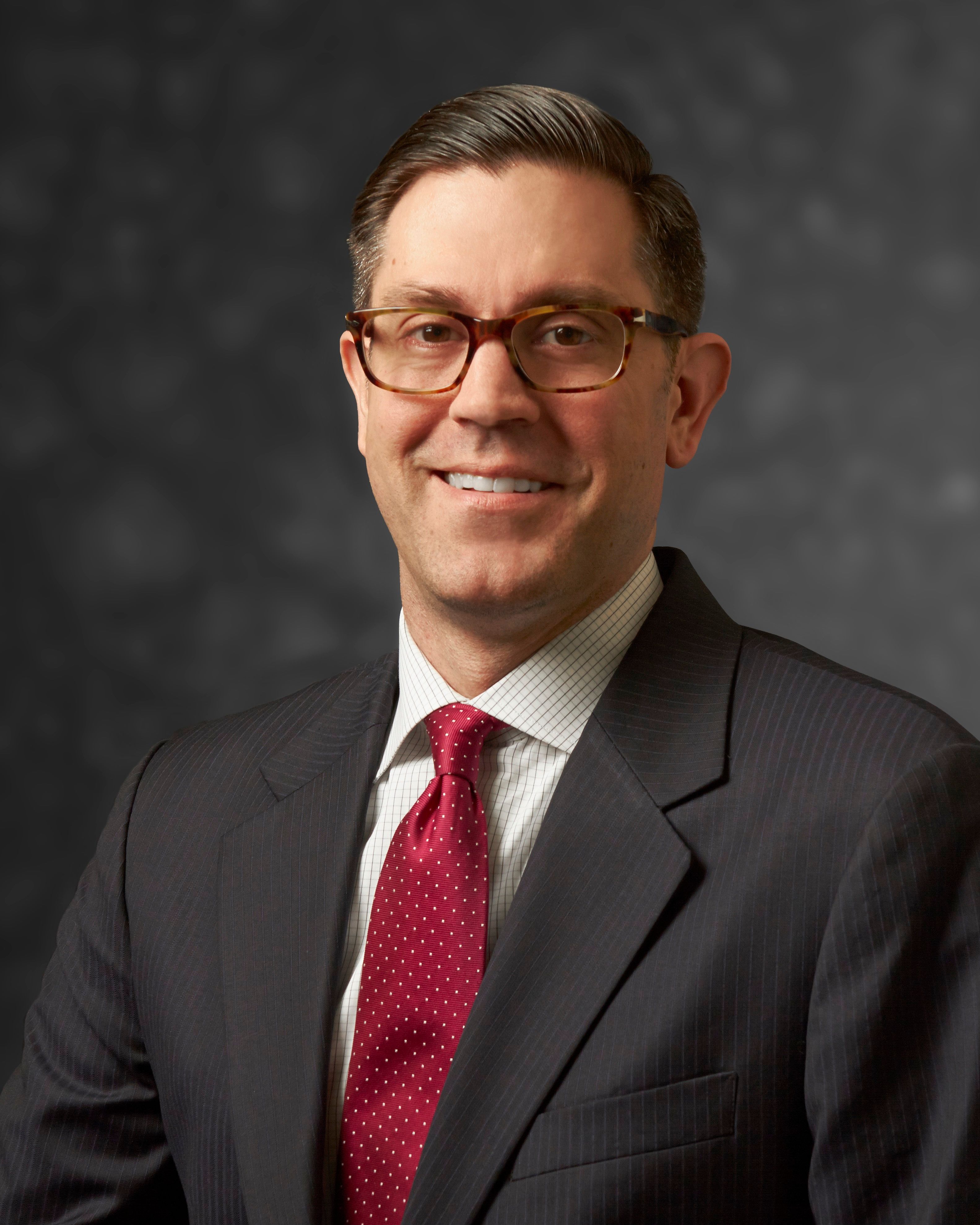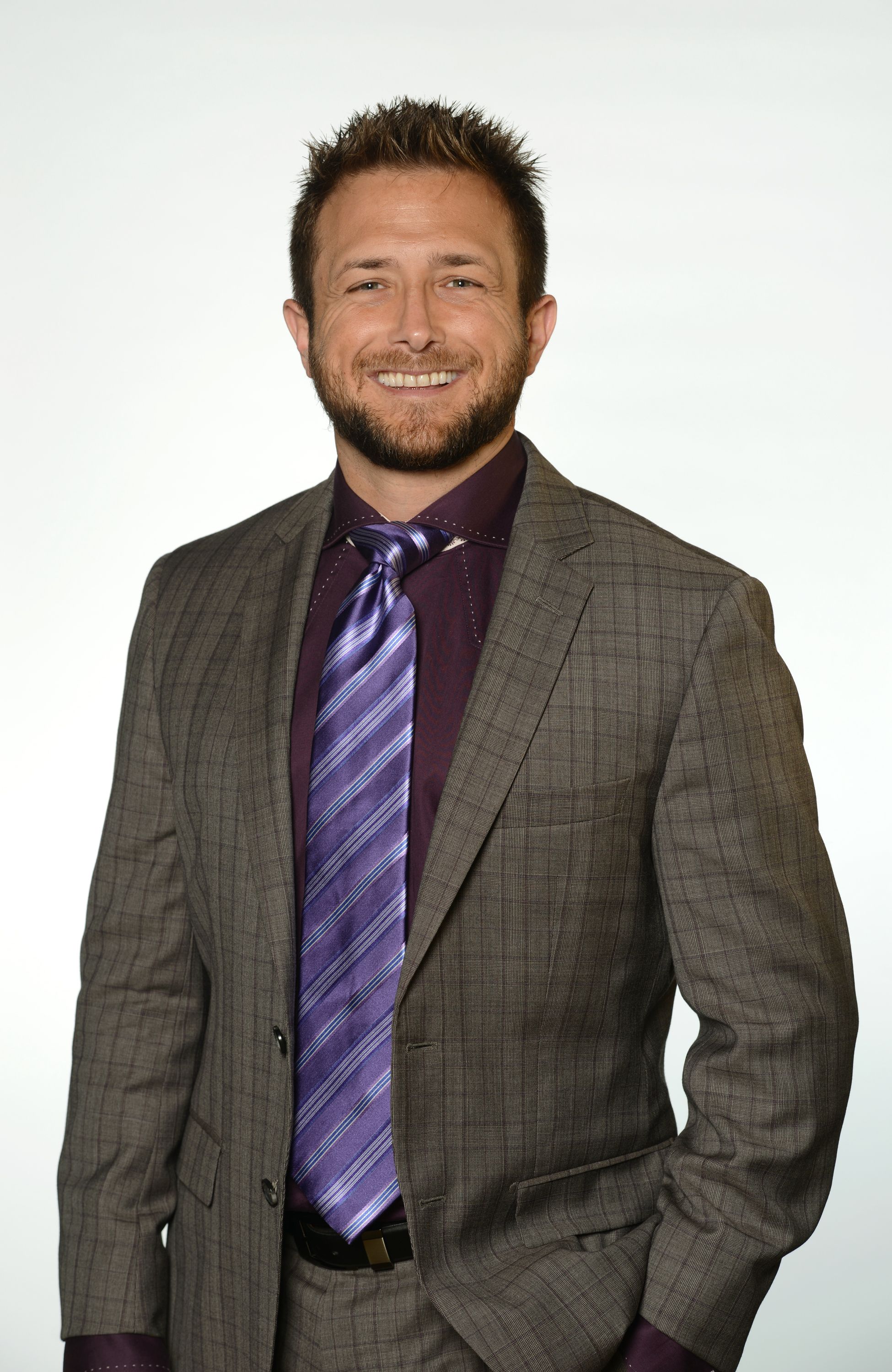- General Dermatology
- Eczema
- Chronic Hand Eczema
- Alopecia
- Aesthetics
- Vitiligo
- COVID-19
- Actinic Keratosis
- Precision Medicine and Biologics
- Rare Disease
- Wound Care
- Rosacea
- Psoriasis
- Psoriatic Arthritis
- Atopic Dermatitis
- Melasma
- NP and PA
- Skin Cancer
- Hidradenitis Suppurativa
- Drug Watch
- Pigmentary Disorders
- Acne
- Pediatric Dermatology
- Practice Management
- Prurigo Nodularis
Article
Managing the medspa: Avoid pitfalls
Directing a medspa might seem like an easy way to make money. After all, it’s a no-brainer for many dermatologists and cosmetic surgeons who perform cosmetic procedures day in and day out. But that’s not reality, experts say. Here’s what they say you need to know before signing on.
Directing a medspa might seem like an easy way to make money. After all, it’s a no-brainer for many dermatologists and cosmetic surgeons who perform cosmetic procedures day in and day out.
But that’s not reality, experts say. Here’s what they say you need to know before signing on.
Know how to do what you offer

Mr. ThierschPhysicians who direct medspas have to have some experience and training in the particular services being offered by the spas, says Alex Thiersch, J.D., founder and director of the American Med Spa Association (AmSpa) and partner at Thiersch and Associates, a Chicago-based law firm specializing in medical spa regulation.
Just how much training is needed isn’t always clear, according to Thiersch. Taking a weekend course in a procedure, for example, could help to make a case if you’re being investigated by the state board of medicine, but it might not be enough.
“The more training, the better,” Thiersch says.
Know the basics of the laws in your state
Know the basics of the laws in your state
A doctor who steps into the medspa medical director role needs to know the basics of his or her state’s law, including fee-splitting, ownership and liability, according to Thiersch.
There is no one set of rules that applies to every state governing fee splitting. Sometimes the fee splitting with midlevel providers is allowed; sometimes it’s not allowed.
“In Illinois, for instance, a doctor cannot split a medical fee with a non-physician,” Thiersch says. “Oftentimes… the practice is run by someone who doesn’t know the law, and they’ll pay their nurses or estheticians a percentage of the business they bring in, which in many states is illegal.”
Basic ownership issues aren’t always clear, and they need to be.
“In Illinois, only a physician can own a medical practice. In a state like Florida, anyone can own a medical practice, but there are other rules that apply that are very specific,” Thiersch says.
And liability can be defined basically as the buck stops with the medical director. That’s whether the director owns the medspa or not, according to Thiersch.
The patients coming into the medical spa you direct are your patients. And if something goes wrong, it’s your license that could be revoked, suspended or you could be heavily fined, the lawyer warns.
Supervision becomes a big issue and one taken seriously by medical boards. Depending on the state, doctors can delegate most, if not all, medical spa procedures as long as the person performing them is trained and supervised. Ideally, according to Thiersch, the medical director should be on site to direct the situation if something goes wrong, or at least close and available by to respond should a situation arise.
Check your malpractice coverage
Check your malpractice coverage
Unless a physician’s care of medspa patients is specifically outlined in malpractice coverage, the coverage might exclude it.

Dr. PryorAccording to Landon Pryor, M.D., a plastic surgeon in Rockford, Ill., who owns and directs a medspa within his practice, liability contracts often are written as administrative agreements, which does not always include patient care. When you consider many states require that physicians examine medspa patients prior to treatment, that could be a problem.
Medical directors might think performing a patient consultation or conferring a patient’s treatment protocol with a delegated provider is within the realm of administrative responsibilities. But insurers providing malpractice coverage may not see it that way, according to David Shaffer, vice president, Professional Medical Insurance Services (PMIS), a Houston, Texas-based company that provides insurance to the health care industry.

Mr. Shaffer“A physician working in his own private practice should be covered for the care [and] treatment provided (as long as it is within his scope of training and within the limitations of his insurance coverage),” Shaffer says. “Where a problem may arise is if medical directorship is assumed outside of the physician's primary practice. It is common for a physician's medical professional liability policy to specifically exclude medical directorship for those practices/entities not specifically named to the physician's policy. Therefore, confirming coverage becomes critical to adequate protection.”
Many medical professional liability policies contain wording stating coverage will be excluded if state laws were violated. Insurers might deny coverage, for example, if a physician is found to be incompetent in providing the services he or she delegated, according Shaffer. The scenario might be less likely for dermatologists and cosmetic surgeons but the solution remains the same for all physician specialties, he says: The physician should be trained in the treatment before it is delegated to another staff member.
There are two ways physicians can make sure they’re covered for their work as a medical spa director, Dr. Pryor says.
“The medical spa could have its own medical liability contract that outlines coverage for a medical director (although most of them don’t have that). Many carriers won’t even insure a medical spa. So, it then falls on the physician to have that specified in their medical coverage. Although, it has to specifically say that they are involved in patient care,” Dr. Pryor says.
Align with NPs, PAs
Affiliate with qualified nurse practitioners (NPs), physician assistant (PAs) or any type of doctors, versus nurses, techs or non-providers, according to Thiersch. Why? Because these professionals are able to do most of what doctors can do in a medspa.
“…in most states if you have one of those… affiliated with your spa, it eliminates not all but most problems,” Thiersch says.
Dermatologists and cosmetic surgeons should always keep in mind, however, that medical spa treatments constitute the practice of medicine. Even when physicians delegate them to NPs and PAs, the delegating physicians could still be held accountable for the mid-level providers’ actions, Shaffer says.





